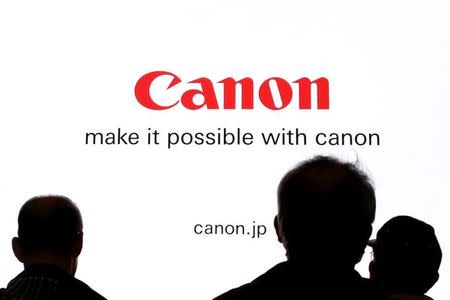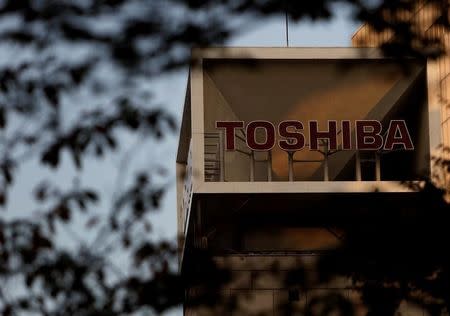Japan regulator approves Canon deal to buy Toshiba unit, warns on method
By Junko Fujita TOKYO (Reuters) - Japan's anti-monopoly regulator has approved Canon Inc's <7751.T> acquisition of Toshiba Corp's <6502.T> medical equipment unit, but issued a warning over the way they carried out the deal, which antitrust experts have called questionable. Toshiba, hurt by an accounting scandal and in a hurry to raise cash before closing its books for the business year that ended in March, structured the 665.5 billion yen ($6.5 billion) sale in an unorthodox way so that it could book proceeds before securing approval from regulators. Some antitrust and accounting experts at the time said the method, involving the use of a special entity and the issuance of warrants to allow Toshiba to receive cash from Canon before regulatory approval, was problematic though not illegal. The Fair Trade Commission (FTC) said on Thursday the method may be in violation of antitrust laws. However it did not issue any fine and approved the deal anyway. "Canon thought the deal would be approved without problem if they used this method," FTC official Takeshi Shinagawa told reporters. "This method should not be repeated by any companies and if they do in the future, they could get a red light." The FTC typically does not make public any warnings issued to companies over the merger process, he said. "We have made this particular warning public to show how serious we look at this method," said Shinagawa. He said the FTC approved the acquisition because it would not hurt fair competition in the medical equipment markets in Japan. Canon declined to comment. A Toshiba spokesman said the company takes the warning seriously and will comply with rules for the notification of mergers set by the FTC. (Writing by Ritsuko Ando; Editing by Chang-Ran Kim and Edwina Gibbs)

 Yahoo Finance
Yahoo Finance 

